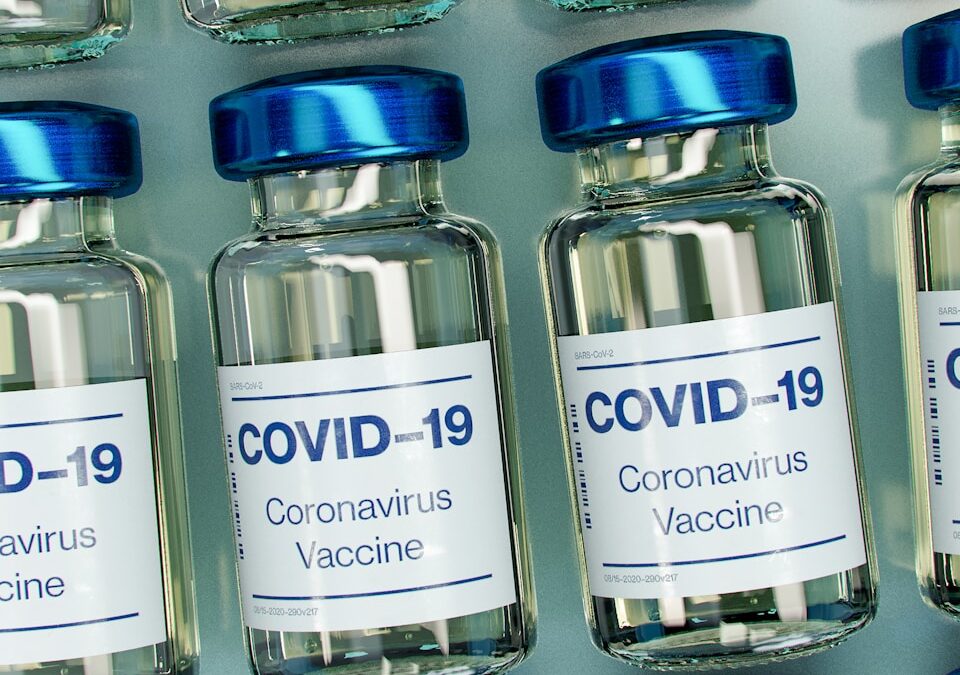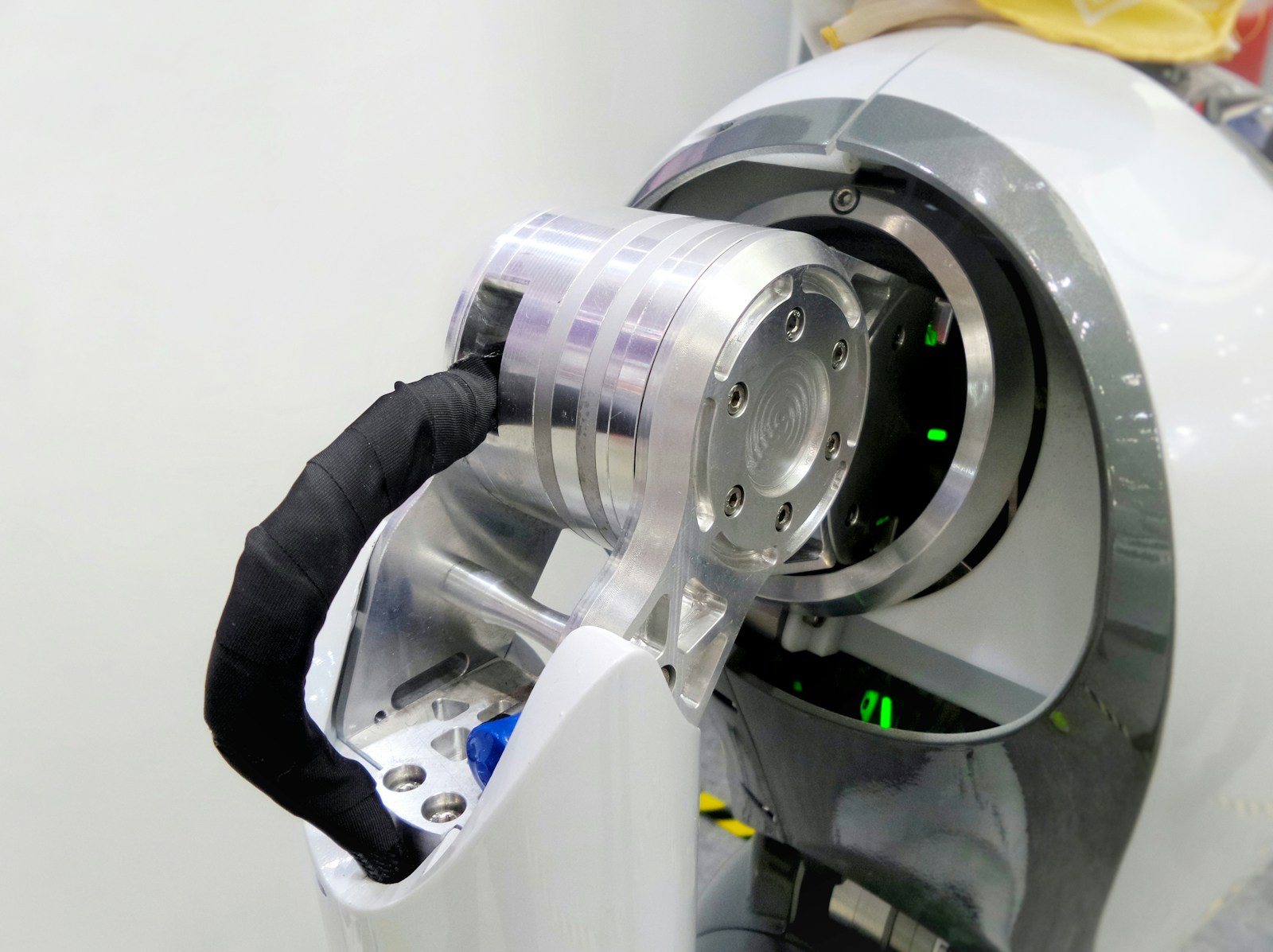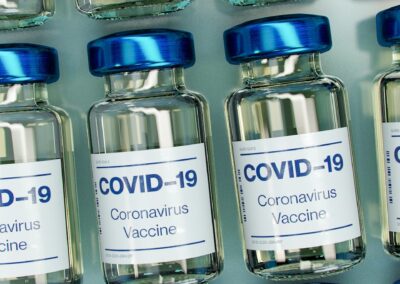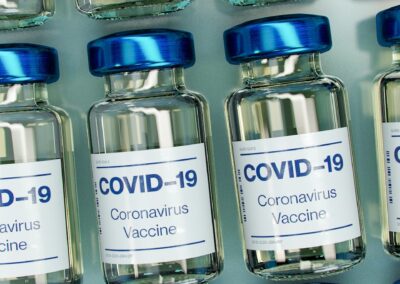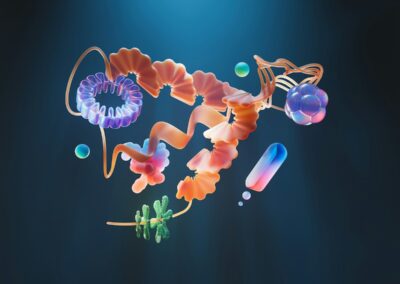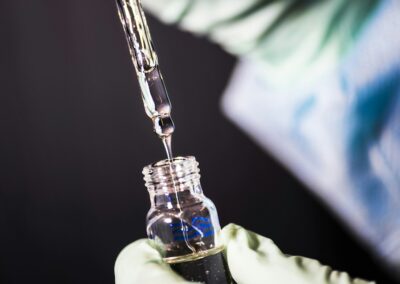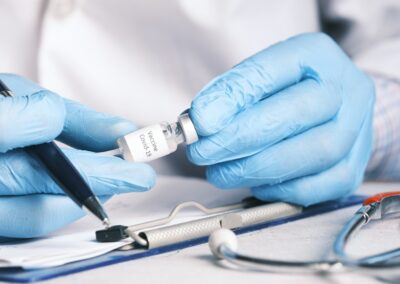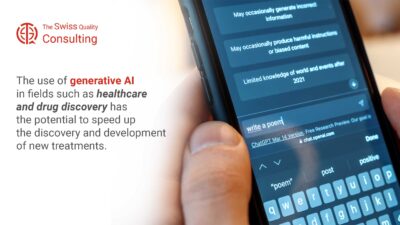Revolutionizing Therapeutics: The Impact of Nanotechnology on Drug Delivery Systems
Understanding Nanotechnology in Drug Delivery
Nanotechnology is poised to transform drug delivery systems by enabling precise targeting and controlled release of therapeutics. This technological innovation promises to address longstanding challenges in medicine, enhancing the efficacy of treatments while minimizing side effects. At its core, nanotechnology involves manipulating materials at an atomic or molecular scale to develop new solutions with unprecedented capabilities. For drug delivery, this means creating nanoparticles that can navigate the body’s complex biological environment to deliver drugs directly to the targeted area. This approach enhances the therapeutic impact by ensuring that medication is released precisely where needed, optimizing the dosage and reducing the risk of systemic side effects.
The integration of nanotechnology into drug delivery systems leverages advanced materials such as liposomes, dendrimers, and nanocarriers. These nanocarriers are designed to encapsulate drugs, protect them from degradation, and release them in a controlled manner. By incorporating stimuli-responsive materials, these systems can release drugs in response to specific triggers such as pH changes or the presence of certain biomarkers. This level of control is expected to revolutionize the treatment of complex diseases, including cancer and chronic conditions, by providing tailored therapeutic solutions that adapt to individual patient needs.
In regions such as Saudi Arabia and the UAE, where healthcare innovation is a priority, the application of nanotechnology in drug delivery aligns with broader goals of advancing medical research and improving patient outcomes. Both countries are investing in biotechnology and healthcare advancements, with a focus on integrating cutting-edge technologies to enhance healthcare services. The deployment of nanotechnology in drug delivery systems represents a significant leap forward, potentially transforming the way treatments are administered and improving the overall effectiveness of therapeutic interventions.
Enhancing Precision and Efficacy with Nanotechnology
The use of nanotechnology in drug delivery systems offers a multitude of benefits, primarily through its ability to achieve precise targeting and controlled release. Precision targeting ensures that drugs are delivered specifically to the diseased cells or tissues, which is crucial for treating localized conditions and minimizing collateral damage to healthy tissues. This approach enhances the overall efficacy of treatments by maximizing the concentration of the drug at the intended site and reducing the amount of medication needed. Consequently, patients experience fewer side effects and a more effective treatment regimen.
Controlled release mechanisms embedded in nanocarriers provide additional advantages by regulating the timing and rate of drug release. This feature allows for sustained therapeutic effects over extended periods, reducing the frequency of dosing and improving patient compliance. For chronic conditions or long-term treatments, this can significantly enhance the quality of life by ensuring consistent therapeutic levels and minimizing fluctuations that might impact treatment effectiveness. The ability to tailor drug release profiles also opens new avenues for designing personalized treatment strategies, adapting therapy to individual patient needs and improving outcomes.
In the context of Saudi Arabia and the UAE, the adoption of nanotechnology in drug delivery systems supports the goals of enhancing healthcare infrastructure and promoting innovation. Both countries have made substantial investments in biotechnology research and development, fostering environments conducive to technological advancements in medicine. The integration of nanotechnology into healthcare strategies aligns with their vision of becoming leaders in medical innovation and improving the quality of healthcare services for their populations.
Future Prospects and Implications for Healthcare
The future of drug delivery with nanotechnology holds immense promise for revolutionizing healthcare practices. As research and development continue to advance, the potential applications of nanotechnology in medicine are expected to expand, offering new solutions for previously challenging medical conditions. Innovations in nanocarrier design, targeting mechanisms, and release control will likely lead to more effective and safer therapeutic options, addressing a wide range of health issues with greater precision and efficacy.
Moreover, the successful integration of nanotechnology into drug delivery systems will likely spur further advancements in related fields such as diagnostics, imaging, and personalized medicine. By leveraging the capabilities of nanotechnology, researchers and healthcare professionals can develop more comprehensive and integrated approaches to managing health and disease. The continued focus on biotechnology and nanotechnology in regions like Saudi Arabia and the UAE will contribute to their leadership in medical research and innovation, driving improvements in healthcare delivery and patient outcomes on a global scale.
As we look to the future, the role of nanotechnology in drug delivery systems will become increasingly central to the evolution of healthcare. The ongoing commitment to research, development, and implementation of these technologies will pave the way for transformative changes in the way we approach treatment and disease management, ultimately leading to a more effective and patient-centered healthcare system.
#Nanotechnology, #DrugDelivery, #HealthcareInnovation, #PrecisionMedicine, #ControlledRelease, #Biotechnology, #FutureOfMedicine

